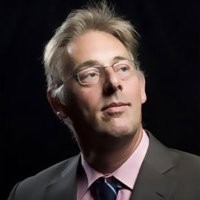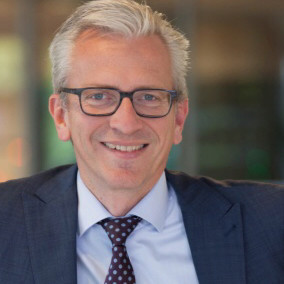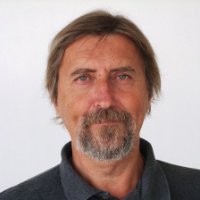Successful international conference on the future of smart grids
The 10th edition of the IEEE PES ISGT Europe Conference, a flagship conference of IEEE Power & Energy Society, was hosted by the TU Delft this year. It was very successfully organized in a virtual fashion. Participants joined from 47 different countries, spread over five continents, with more than 30% having an affiliation outside Europe.
The theme of this year was Smart Grids: key enablers of a green power system. The year 2020 is the year of the European Green Deal, with policy initiatives set by the European Commission aimed at making Europe climate-neutral in 2050. This conference was filled with discussions on how innovative smart grid technologies can contribute to this noble goal.
The keynote presentations addressed different views on these futuristic energy systems. The first, by Ad van Wijk (Professor Future Energy Systems at TU Delft), started with the proposal that electricity and hydrogen will be carbon-free symbiotic energy carriers, with a need for smart grids to integrate them. Leo Dijkstra (Industry leader Comms (Energy, Environment & Utilities; Telco, Media & Entertainment) at IBM) started the second day with a keynote about the cognitive grid enterprise, which makes a smarter grid operation possible by augmenting humans with AI and machine learning algorithms. The last day contained a keynote by Alexander Apostolov (Fellow IEEE, Distinguished Member of CIGRE) about how the smart grid is a digital grid in which the role of standards is crucial. In his words: “What we have with standard IEC 61850 was really amazing, some artificial intelligence applications and things like that. So there is a lot to do and hopefully maybe we have a chance to do something in the future together.”


Apart from the keynotes, there were 8 great panel sessions organized, of which 2 industrial panels by Siemens and RTDS Technologies. The topics varied from energy prosumers and demand response to real-time simulations and digital twins, from flexibility of the transmission grid down to energy markets in distribution grids.
Professor Zofia Lukszo, Faculty of Technology Policy and Management, and Professor Peter Palensky, Faculty of Electrical Engineering, Mathematics & Computer Science; chair PowerWeb Institute, proudly look back on 3 successful days where so many people came together to discuss underlying technical, regulatory and economic factors of smart grids as enablers of a green power system. They thank all visitors and look forward to new collaborations on the future power system.
By Kati Sidwall: “I must congratulate the committee on a superbly well-organized virtual conference, especially during these tough times when so much flexibility is required when planning events. The technical program was very strong, and the logistics were done very well. I was also very impressed with the technical support provided by Lucas of Qiqochat.
Your hosting capabilities are excellent Zofia, and it made the event feel a little more like an in-person conference. I was especially happy that you encouraged people to have their families in the background because it was nice to see Dr. Rueda Torres’ little one!”
By Zofia Lukszo: “To accelerate grid transformation not only major technological reforms are needed but also new tariff and market structures making usage of modern data collection and analysis techniques”.